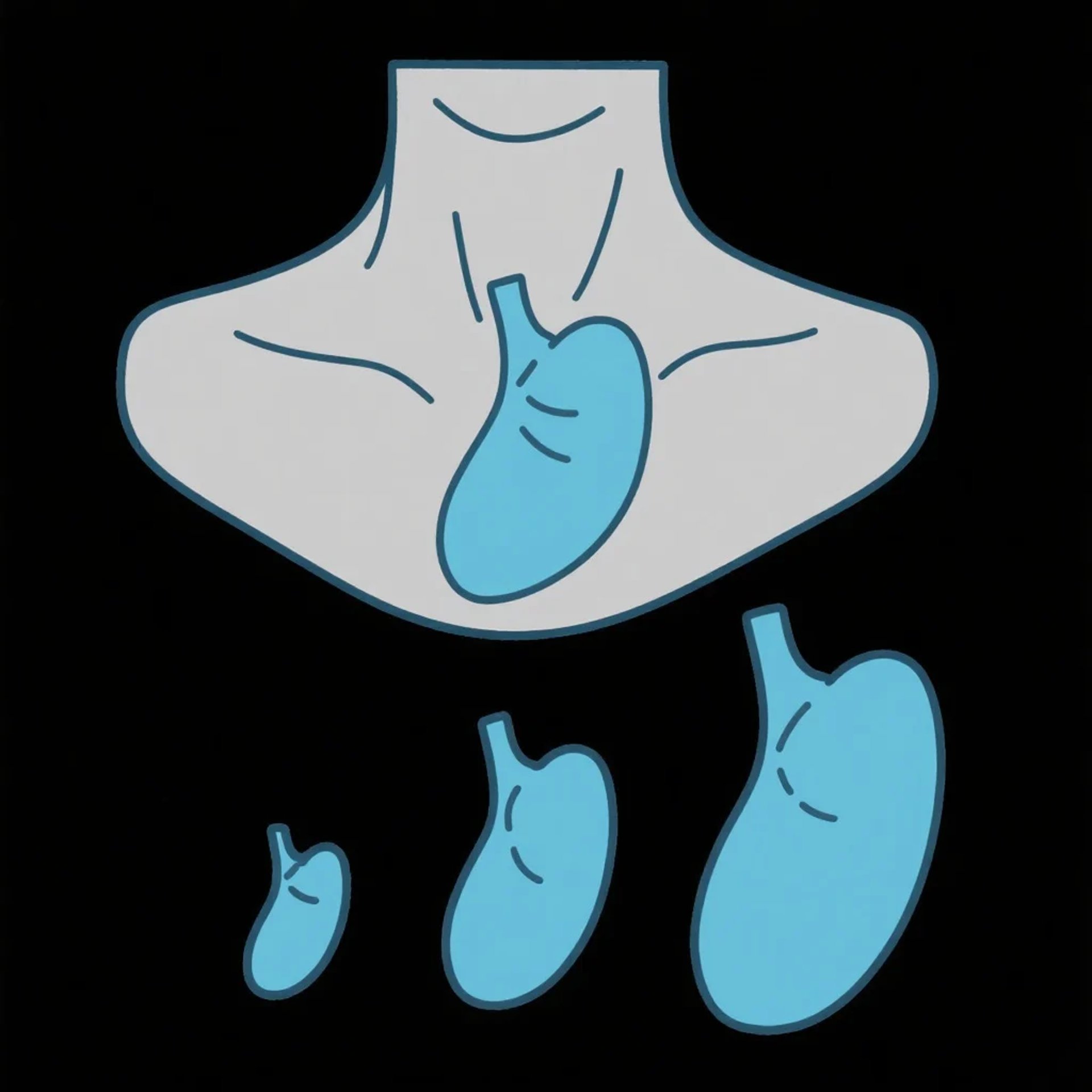Thyroid Autoimmune Conditions: Understanding Hashimoto’s and Graves

Thyroid Autoimmune Conditions: Understanding Hashimoto’s and Graves
This article explains two common autoimmune conditions that affect the thyroid gland. The thyroid is a small gland in the neck that controls energy and hormones. In autoimmune diseases, the body’s immune system attacks the thyroid by mistake. This can lead to goiters or other issues. This is general information please see a doctor for diagnosis or treatment.
What Is Hashimoto’s Disease?
Hashimoto’s is the most common cause of low thyroid function (hypothyroidism). It happens when the immune system slowly damages the thyroid, reducing hormone production.
Symptoms: Tiredness, weight gain, cold sensitivity, dry skin, hair loss, and slow heart rate.
Why It Matters: Over time, it can cause fatigue and affect heart health or mood. Early care helps maintain well-being.
Support Tips: Doctors often prescribe thyroid hormone medicine. Eat foods with iodine and selenium. Regular blood tests check hormone levels.
What Is Graves' Disease?
Graves' is the main cause of high thyroid function (hyperthyroidism). The immune system overstimulates the thyroid, leading to too many hormones.
Symptoms: Weight loss, fast heart rate, heat sensitivity, anxiety, shaky hands, and eye changes (like bulging).
Why It Matters: It can strain the heart and bones if not managed. Proper care supports long-term health.
Support Tips: Treatments include medicine to block hormones, radioactive iodine, or surgery. Avoid caffeine and stress. Eat a balanced diet.
General Notes
Both conditions can cause goiters and run in families. Tests like blood work or scans help diagnose them. Lifestyle changes, such as a healthy diet and exercise, support thyroid health. See a doctor if you notice symptoms.
info@inspectordeepdive.com
© 2025 food.InspectorDeepDive.com. All rights reserved. Content may not be copied or republished without permission.
This article is for informational purposes only. InspectorDeepDive.com does not provide medical advice. Always consult a licensed healthcare provider before making dietary or health decisions.
